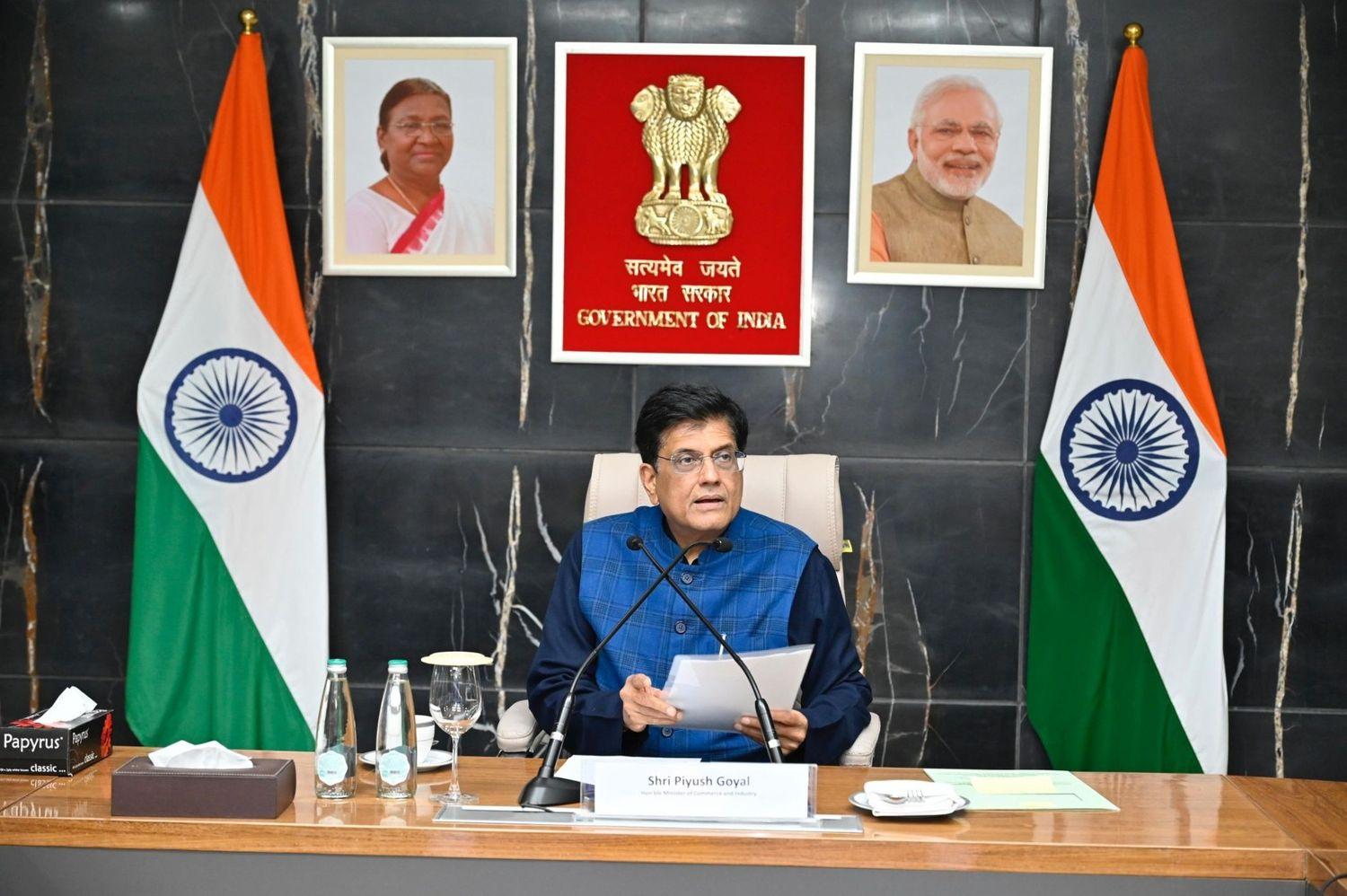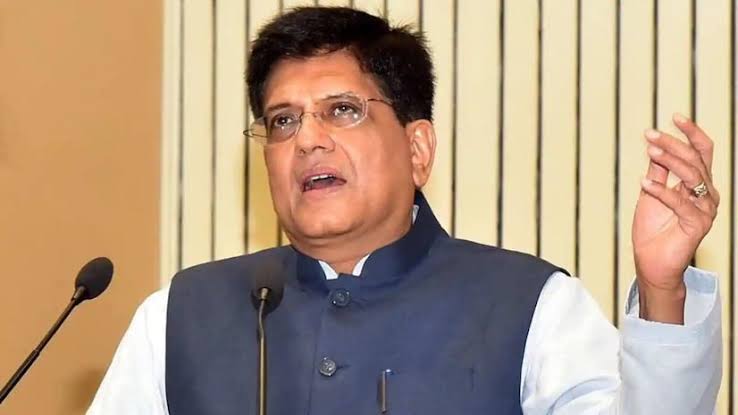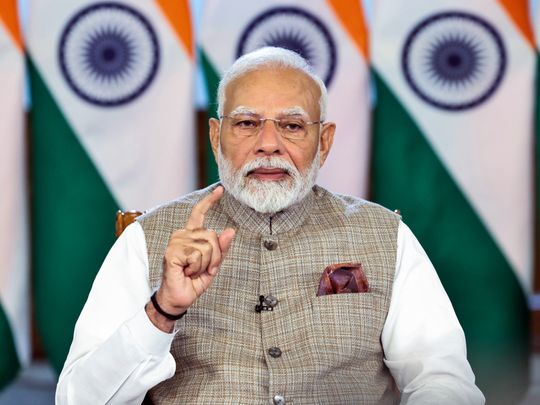Union Minister of Commerce & Industry, Shri Piyush Goyal, unveiled the 8th edition of the National Programme for Organic Production (NPOP) at an event held in New Delhi’s Bharat Ratna C. Subramaniam Auditorium, Pusa. He announced that India’s organic exports are expected to reach ₹20,000 crore in the next three years, highlighting the government’s commitment to boosting sustainable agriculture.
 The event saw the launch of several digital initiatives, including the upgraded TraceNet 2.0, the revamped APEDA portal, the AgriXchange portal, and the dedicated NPOP and Organic Promotion Portals. These platforms aim to enhance transparency, streamline organic product certification processes, and connect organic farmers, FPOs, and exporters with global markets.
The event saw the launch of several digital initiatives, including the upgraded TraceNet 2.0, the revamped APEDA portal, the AgriXchange portal, and the dedicated NPOP and Organic Promotion Portals. These platforms aim to enhance transparency, streamline organic product certification processes, and connect organic farmers, FPOs, and exporters with global markets.
Shri Goyal emphasized the role of organic farming in addressing critical challenges like water scarcity and the overuse of chemical pesticides and fertilizers. He noted that organic farming aligns with Prime Minister Shri Narendra Modi’s vision of sustainable agriculture, as highlighted in the PM’s speeches on Independence Day and in Parliament.
Key Highlights of the Launch
1. Digital Advancements:
TraceNet 2.0: An advanced traceability system that ensures seamless operations, regulatory compliance, and global certification standards for organic products.
NPOP Portal: Offers enhanced visibility and operational ease for organic stakeholders.
Organic Promotion Portal: Facilitates global connections for farmers and exporters, featuring training modules and trade event updates.
Revamped APEDA and AgriXchange Portals: Provide user-friendly interfaces for data analysis, trade insights, and reports on agricultural exports.
2. Regulatory Updates:
Simplification of certification requirements for organic grower groups.
Reduction in land conversion periods under specific conditions.
Strengthened oversight through IT tools for monitoring and data analytics.
3. Focus on Value Chains:
Shri Goyal called for better packaging, marketing, and capacity building to ensure fair prices for farmers and global competitiveness. He recognized the contributions of cooperatives like Amul, NAFED, and NCOL in promoting organic farming.
4. Global Participation:
Delegates from countries such as the USA, EU, Australia, and Japan, alongside international organizations like FAO, IFOAM, and FiBL, attended the event. Over 1,000 farmers from across India showcased their organic products.
Organic Farming: A National Priority
Shri Goyal stressed that organic farming is central to India’s agricultural strategy. It not only restores soil health but also enhances crop yields and farmer incomes. By expanding the organic value chain, the government aims to generate employment and position India as a global leader in organic exports.
The event concluded with Shri Goyal distributing the first TraceNet 2.0-generated registration certificates to organic operators. Exhibitions by renowned organic brands like Organic India, Shresta, and Amul further demonstrated the sector’s potential for growth and innovation.
About APEDA
The Agricultural and Processed Food Products Export Development Authority (APEDA), under the Ministry of Commerce & Industry, plays a pivotal role in promoting agricultural exports. Its efforts, combined with initiatives like NPOP, aim to boost India’s organic sector, ensuring sustainable growth and global recognition.
With this milestone, India is poised to enhance its competitiveness in the global organic market, empowering farmers and stakeholders across the organic value chain.




